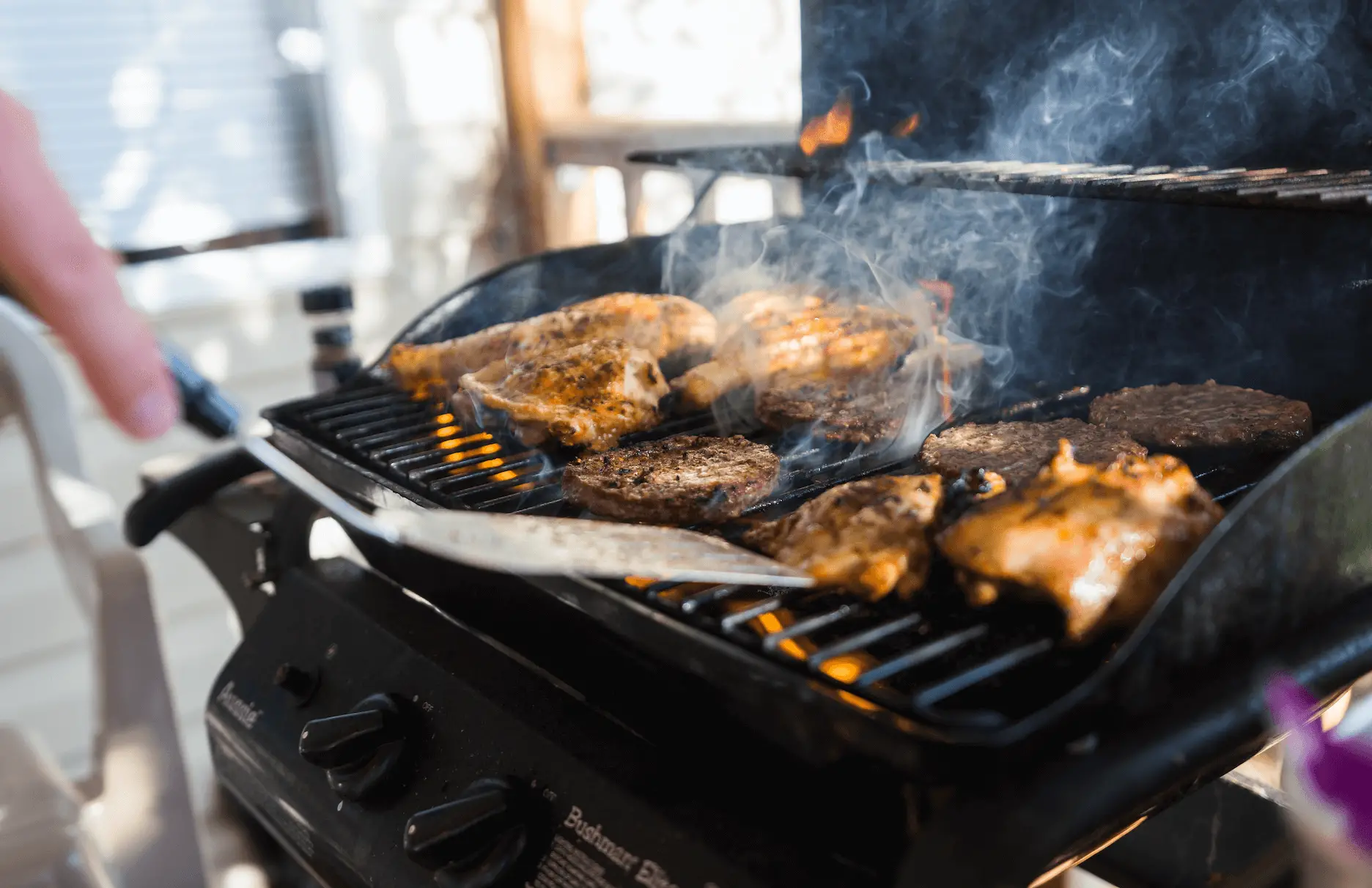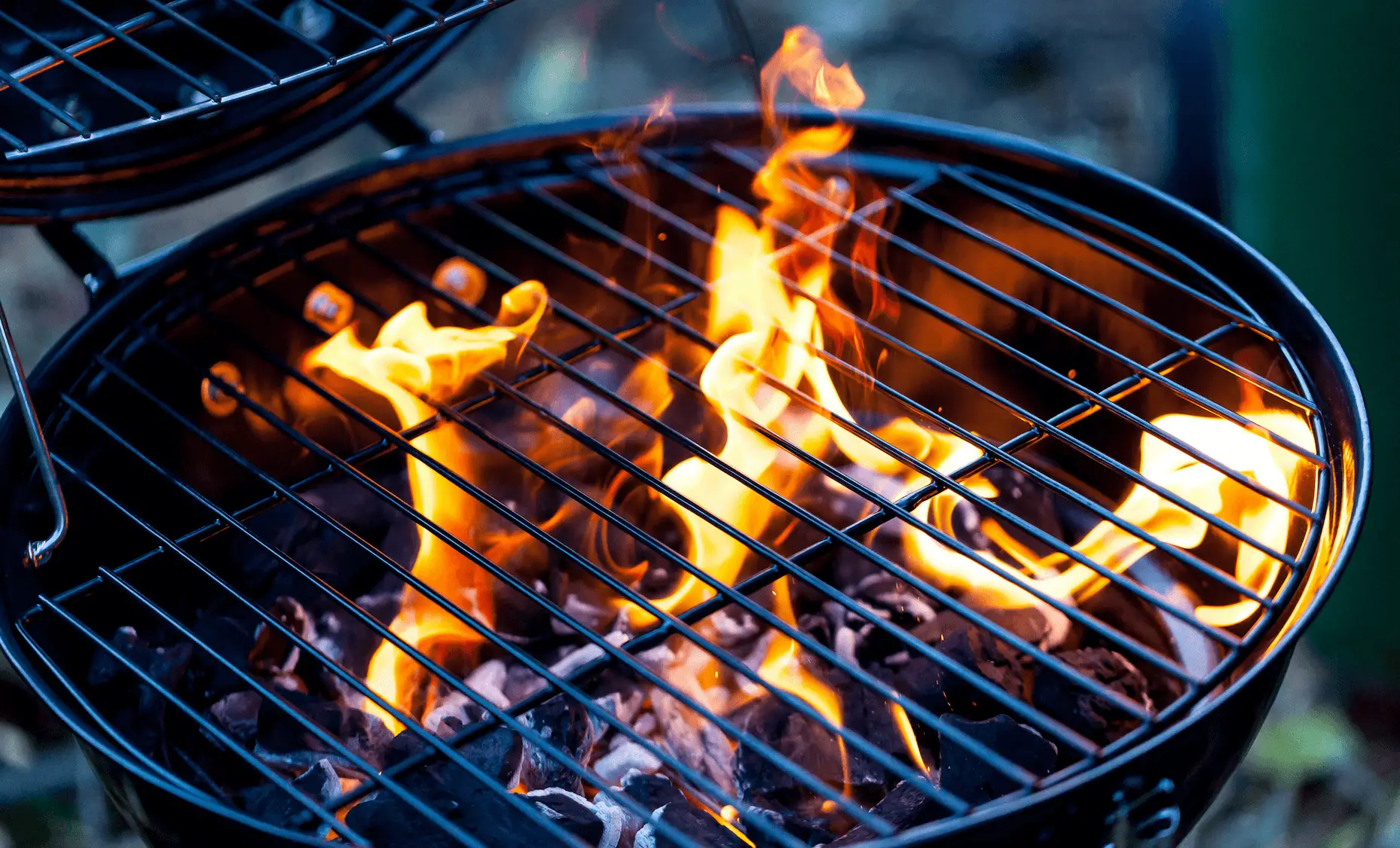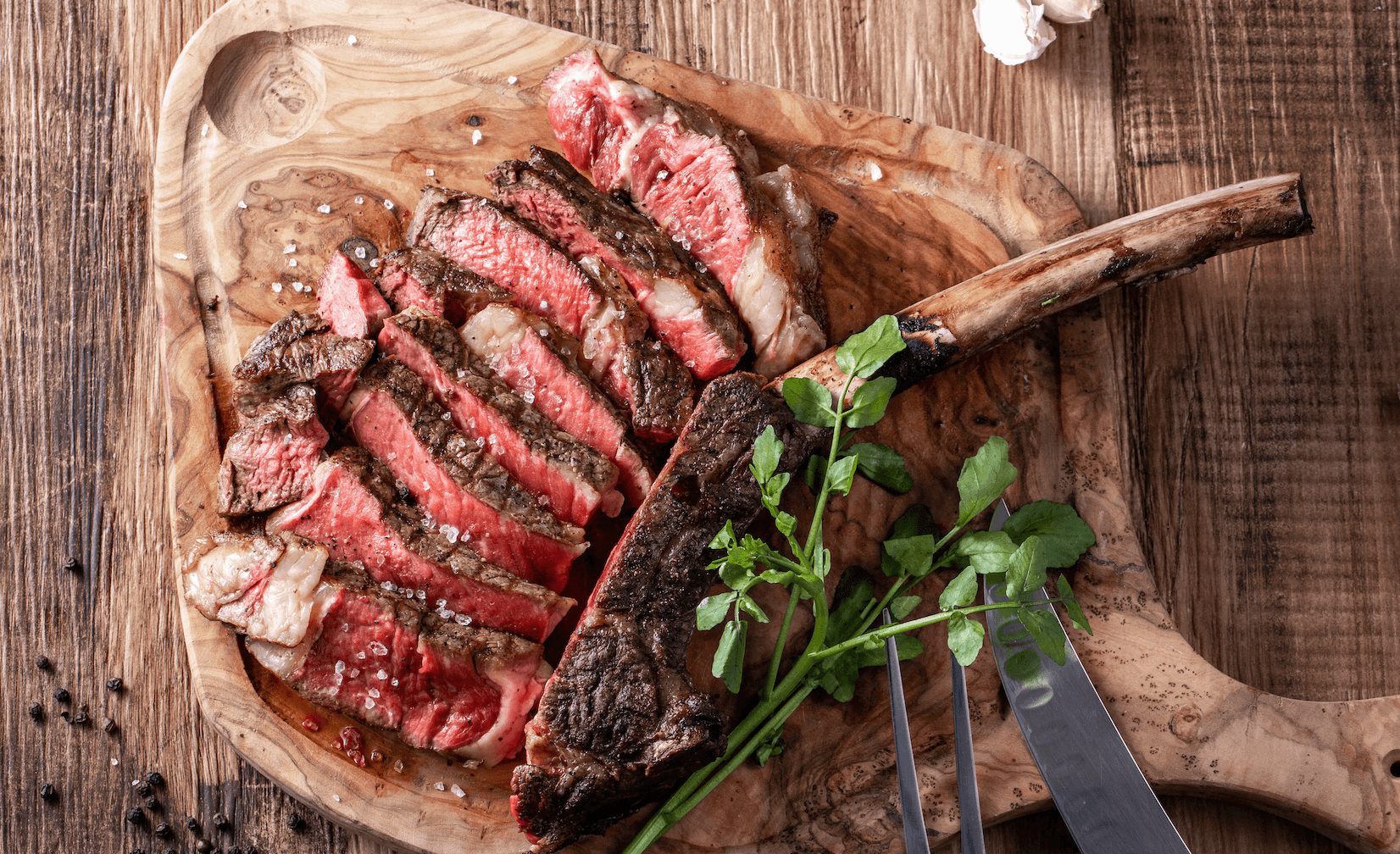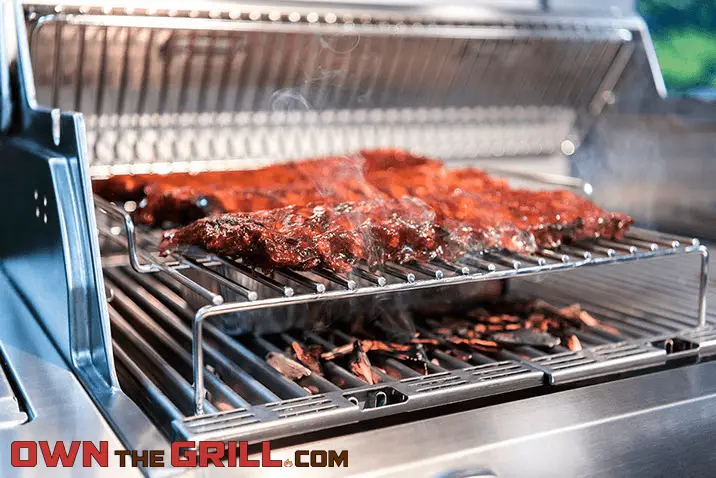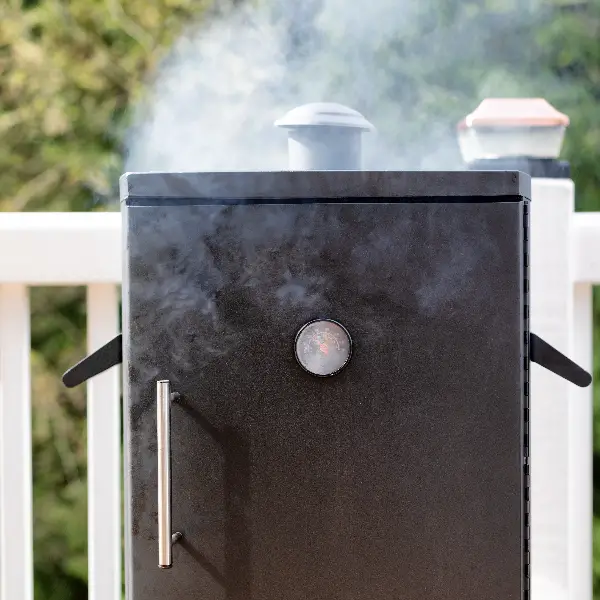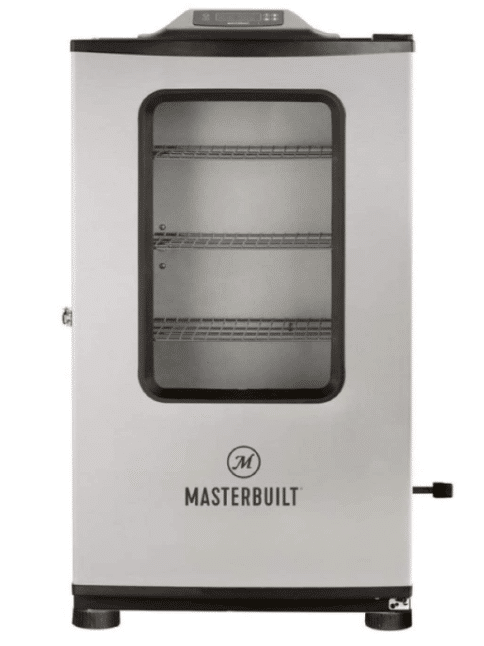This content contains affiliate links. If you make a purchase after clicking a link on this page, we might receive a commission at no cost to you.
So it’s almost dinner time and you can’t wait to get your food on the grill grates and well on its way to your plate.
In all of the excitement and anticipation, it’s easy to forget one of the most important steps to ensure your grilling success: preheating your grill. It’s also a step that many backyard grillers seem to not place very much importance on.
In reality, preheating your grill is a crucial step to ensure you unlock the full potential of your food and your grill. In this article, we’ll go over all of the reasons for why you should preheat your grill. By the end, you’ll have all of the knowledge for why it’s so important and how it can make your food turn out better more consistently.
Reasons Why You Should Preheat Your Grill
Extended Cooking Time
If you put your food on the grill too early, your food will have to spend extra time on the grill. Too much time on the grill can easily lead to dried out and tough results. Not only that, but the extended cooking time will throw off your recipe – making it harder to gauge just how long your food should remain on the grill for optimal results.
Even Cooking
In addition to an extended cooking time, not preheating your grill will almost certainly lead to uneven cooking of your food.
Think about it, if you just throw a steak on the grates before they’ve properly preheated, one side is going to cook differently than the other. The side of your food that contacts the grates first will cook at a lower temperature than the side that starts face up.
By the time you flip your steak over, the grates will have heated up and the second side will require much less time to cook. Uneven, inconsistent results will naturally come from not preheating your grill.
Epic Grill Marks
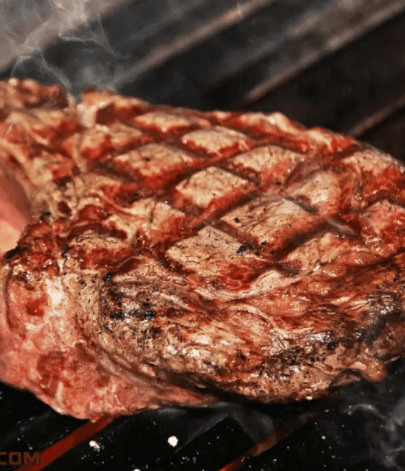
One of the best parts about grilling is getting to create beautiful, quality grill marks on your food. The portion of your food that comes into contact with the hot grill grates develops grill marks as it sears at high temperatures.
Grill marks not only look beautiful, they add enhanced flavor to your food too. When your food sears, natural sugars in your food caramelizes to form a tasty layer of flavor on the outside of your food.
One of the main reasons why you should preheat your grill is because if you don’t, it’s impossible to impart grill marks onto your food. You need for your grates to be hot and up to temperature before your food comes into contact with the grates if your food is going to develop those signature marks.
Decreased Likelihood of Food Sticking to Grates
Proper grill marks and searing also means that your food releases easily from the grates. The converse is also true – if your food doesn’t develop a sear, odds are you’ll have trouble with food sticking to your grates when it’s time to flip it or remove it from the grill.
When you don’t preheat your grill and get your grates up to temperature, it increases the likelihood of your food sticking to your grates and being uncooperative when it’s time to flip and remove your grilled food.
Removes Residue From Prior Uses
Preheating your grill can also help to remove residue from your last grilling session, especially if some of the residue was hard to get off when you last cleaned your grill. At the very least, preheating your grill will make it a lot easier to use a grill brush to scrape any leftover residue before you get started cooking again.
How to Preheat a Gas Grill
Preheating a gas grill is simple. All you have to do is light your burners with the grill lid open. From there, turn your burner knobs to the medium setting and close the lid. Wait until the cooking chamber heats up and stops gaining in temperature (usually about 10 to 15 minutes). Now your grill is preheated and ready to go! Adjust the temperature as necessary based on which type of food you’re cooking.
How to Preheat a Charcoal Grill
Light your charcoal (I always recommend using a charcoal chimney starter), and let your coals burn until they are smoldering and ashy. Pour your lit coals into your grill’s charcoal basket, open your charcoal grill‘s dampers, then close the lid. Allow the grill to preheat for about 15 minutes after you pour the lit coals in – then adjust your dampers to fine tune your temperature.
- Designed to quickly produce hot coals for cooking
- Specialized cone-shaped grate and durable construction for longevity
- Ergonomic handle for comfortable use
Final Thoughts
I hope this article has shed some light as to why it’s so important to preheat your grill before each use. It might not seem like that big of a deal, and it’s certainly an easy step to skip. But the professionals and experienced grill masters know that preheating your grill is key to achieving properly cooked food and consistent results.
So the next time you take your grill cover off of the grill for a delicious dinner, plan for an extra 15 minutes to preheat. It could make a huge difference in the final taste of your food!



